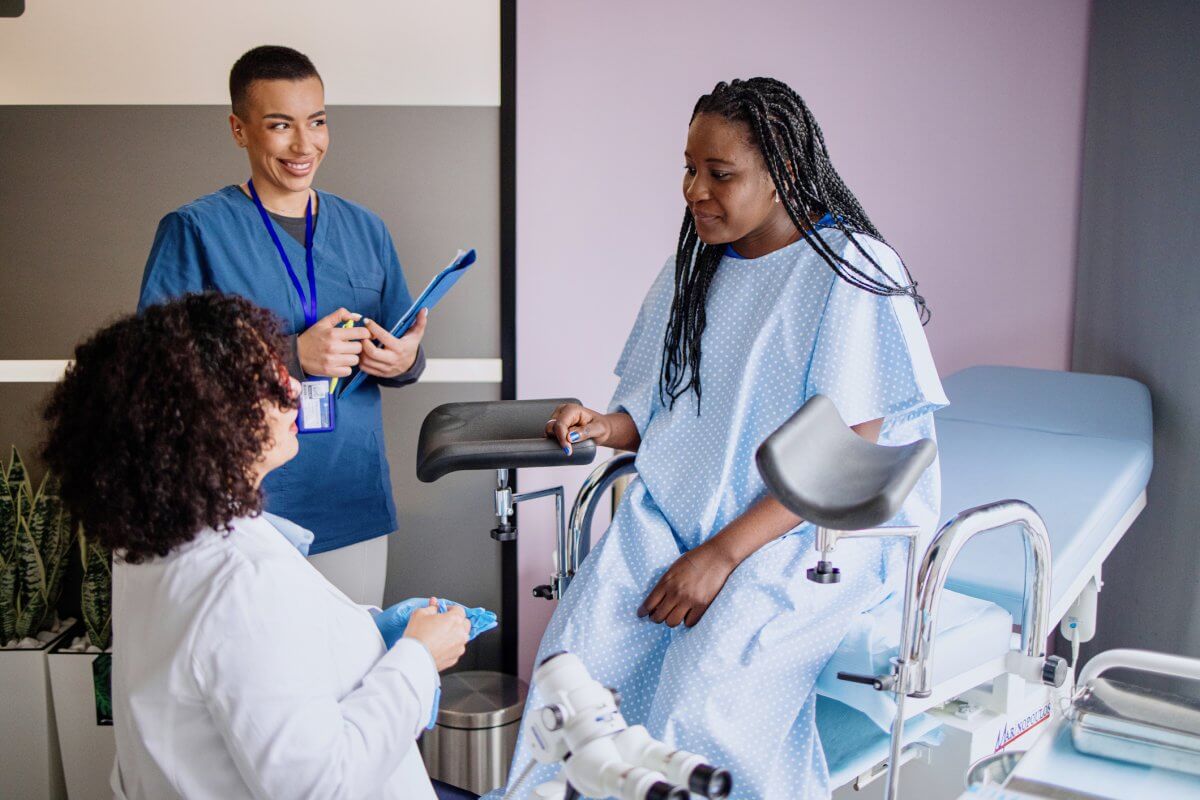Becoming a parent through surrogacy can be a beautiful shared journey with a great surrogate, but the process of finding a surrogate can be difficult. That’s why American Surrogacy has a system in place to find great surrogates and connect you with the best surrogate for your family.
You can get help finding a surrogate here or call 1-800-875-2229. Read on to learn more about how we find our surrogates.
Surrogate Advertising
The first step in finding surrogates is to find women who may want to become surrogates. Our advertising team works hard to connect with these women. Women may see an advertisement for our surrogacy agency, hear about us from a friend or family member, or find us through web search results.
Often, women find us through searches because they have been considering surrogacy and are excited about helping out a family who is dreaming of having a child.
These women may send us a message, connect with us through our online contact form, or call our surrogacy specialists directly at 1-800-875-2229.
Surrogate Intake
Once a woman connects with us as a potential surrogate, our surrogacy specialists begin sharing information with her and gathering information about her.
Our surrogacy specialists know the importance of having surrogates who are well-informed and committed to the process, so our surrogacy specialists share all the information a surrogate might need to begin the process of surrogacy, and each woman has the opportunity to ask any questions she might have about the process.
When she feels ready, a potential surrogate will also answer basic questions about herself that help our surrogate specialists determine if she might be a good candidate to be a surrogate.
These initial questions can include:
- Age
- General health information
- Previous pregnancy information
- Whether or not she is currently raising a child
- Social history
- Reasons for wanting to become a surrogate
Surrogate Screening
Once a potential surrogate is well-informed of the surrogacy process, and the surrogate specialist has determined she meets the basic qualifications to become a surrogate, she will begin the screening process.
The screening process goes more in-depth to determine whether a potential surrogate is qualified and ready to become a surrogate.
The screening process involves help from professionals and can include:
- A psychological screening
- An in-home visit
- Medical records review
- Background check
- And more
Surrogate Matching
Once a surrogate has been fully screened and is ready to get matched with a family, your surrogacy specialist will prepare her for the matching process by helping her create a surrogate profile. The surrogate profile will include important information about the surrogate as well as personal information that can help you find the perfect match for your family.
When you are ready to be matched with a surrogate, you can view profiles of surrogates who are fully screened and ready to help you on your surrogacy journey. At American Surrogacy, you can get matched with a surrogate in as little as 30-90 days, the shortest wait time in the industry.
Identified Surrogacy
Sometimes, we don’t need to do the work of finding a surrogate because some intended parents come to surrogacy with a surrogate already in mind. There have been friends, siblings, in-laws, aunts, cousins, daughters, and even mothers who were surrogates for someone in their life.
When intended parents come to us with a woman in mind who is ready to become a surrogate, we screen the potential surrogate, and if the woman meets the requirements to become a surrogate, we can help them along the rest of the journey.
If you have a friend, family member, or another person in your life who is interested in becoming a surrogate for you, we can help you complete your surrogacy journey through our identified surrogacy program.
Get Help Now
Whether you need help finding a surrogate or have a surrogate in mind, you can call 1-800-875-2229 or get help here from one of our surrogacy specialists.









